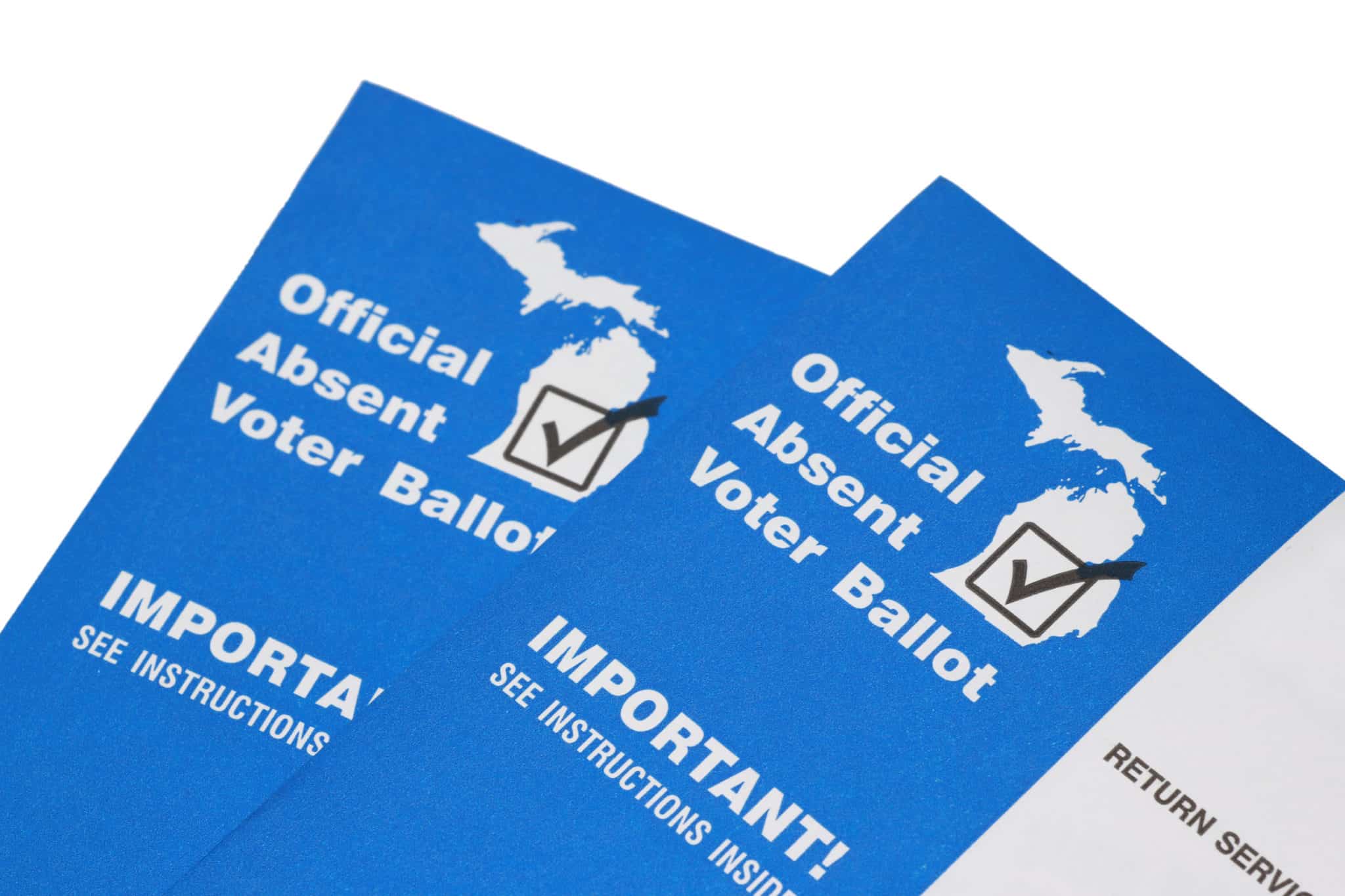
According to a press release issued by Michigan Attorney General Dana Nessel on October 11, three women have been charged with voter fraud offenses in connection to the 2020 United States general election. Nancy Juanita Williams will face her first court hearing in early November; Carless Clark and Trenae Myesha Rainey have not yet been scheduled to appear. The voter fraud actions allegedly perpetrated by Williams and Rainey were detected weeks before the polls opened in November 2020. Clark has already appeared before the Michigan Board of Elections, and she admitted to submitting one fraudulent ballot.
During press briefings related to this matter, Secretary of State Jocelyn Benson explained that charging these three individuals illustrates the efforts undertaken to protect the integrity of the election system. Thus far, the numbers of suspected voter fraud cases investigated by the Secretary of State account for less than 1% of the total 5.5 million ballots submitted during the 2020 election.
All three cases involved forged signatures that were caught by a matching audit system. The charge sheet elaborates on the scheme reportedly attempted by Williams, who submitted voter registration forms in order to intercept absentee ballots of voters who were incapacitated, and whom Williams provided home healthcare services. Rainey faces similar accusations, although she targeted residents of a long-term care facility who had not made up their minds about participating in the election. Williams may have to appear before five court jurisdictions in the populous Wayne County, which expands through most of the Detroit metropolitan region, and she faces a maximum punishment of five years in prison.
In the case of Clark, her admission to forging her grandson’s signature on an absentee ballot came after the election, thus nullifying that specific vote. She was brought to the attention of state elections officials by the signature matching system. Clark’s admission could lessen the punishment she could face if convicted in court.
Even though the Secretary of State has praised the signature matching system as being instrumental in declaring Michigan as being free of widespread voter fraud, the guidance issued in relation to the system was ruled invalid by a state court earlier this year. Future elections held in Michigan will not have to follow that specific guidance; however, this does not mean that the system will not be applied again. The plaintiffs in the case were supported by the Michigan Republican Party, and they were pleased by the judge’s decision.





